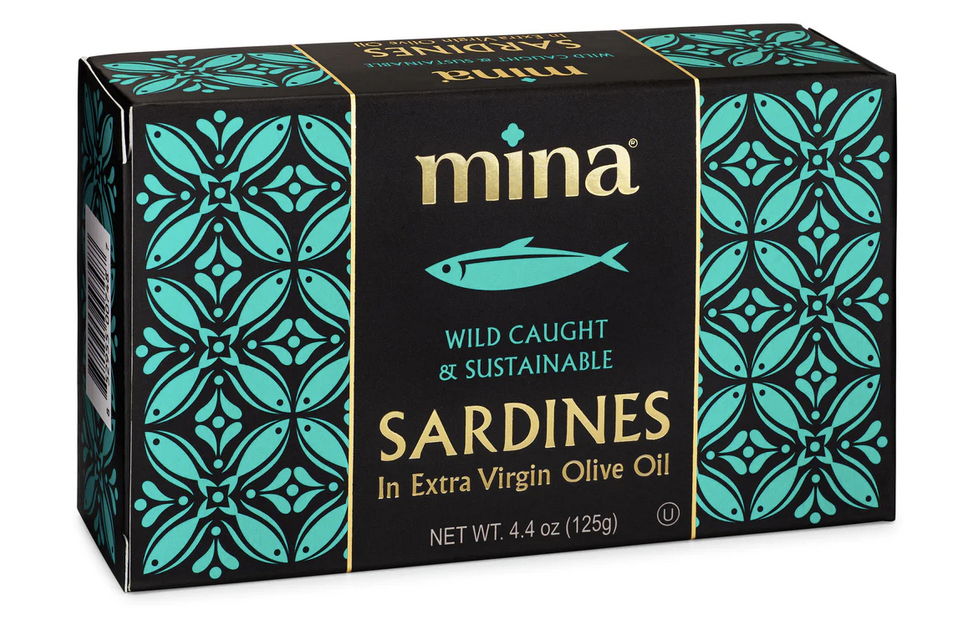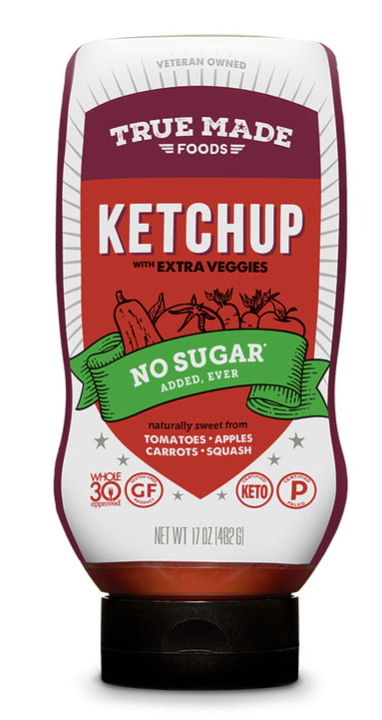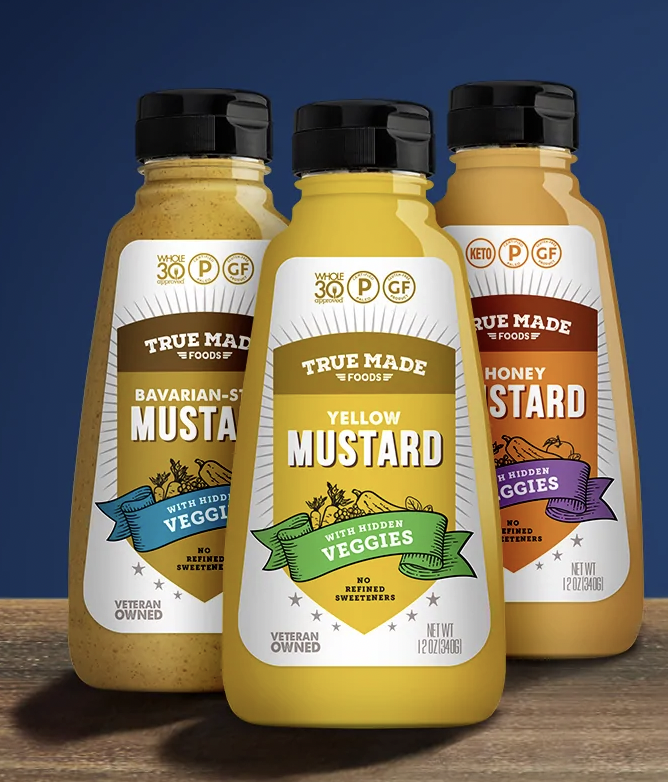Try It – You’ll Like It
By Chef David
Sometimes the most difficult part of meal planning is challenging your imagination. We tend to gravitate to familiar products, sometimes based on childhood memories. Other times taste preferences are based on unfounded assumptions, while proudly wearing the badge of distinction as a picky eater. Change your way of thinking about food, and consider sampling different tastes as a culinary adventure, as long as there is no underlying food allergy. Opening yourself to new tastes widens your nutritional spectrum and can produce health benefits.
While you might think you know your favorite food or foods that you dislike, do you really know? There is no time like the present to expand your eating repertoire. Consider the untraditional with Mina sardines and True Made Foods (ketchup and mustard) both brands are certified kosher by the OU and can be purchased online or in stores.
Why Try New Foods?
Misperception can cause the dismissal of entire food groups, often without tasting them. There are people who simply refuse to eat sushi, equating it with raw fish. Some have never tried it or considered options such as vegetarian sushi. Others, who dislike spices, may dismiss cuisines from entire countries as uneatable. For many, it is easier to reject new foods rather than experiment. They claim to be satisfied with their tried-and-true menu options.
Food inflexibility limits your diet. Opening your mind and extending your palate can make a humdrum meal exciting. The wider selection might naturally increase your intake of nutrients, giving you a better-balanced diet. People are quirky, rejecting foods based on negative memories, and eliminating liver or sardines, which your younger self might have characterized as icky. There is a common belief that things that are healthy can’t taste good, which is why many condiments are full of sugar and salt. Of course, many people fear the unknown. Blind taste tests found that our palates may not be as discerning or accurate as we think.
Sardines
Sardines were popular in America till the 1950s. Sardine consumption began declining with the introduction of canned tuna. There are many people who consider canned sardines generally unattractive, describing these small shiny fish as smelly and oily even though they are not very different in appearance from anchovies. But to families of Holocaust survivors, sardines were a staple, an escape provision. They have a long shelf-life and make nutritious meals that can be eaten directly from the can.
Sardines are an excellent source of protein, vitamins, and omega-3 fatty acids. One tin contains 22 grams of protein. Sardines have been found to contain B12 which supports memory health. In addition, they are a good source of calcium (20% DV) and vitamin D (40% DV), which your body needs to absorb the calcium. In addition they provide 8% iron and 6% potassium. As an added benefit, you do not need to be concerned about mercury levels, since sardines feed on plankton.
Mina sardines are wild-caught off the coast of Morocco, then hand-packed with extra virgin olive oil and a touch of sea salt. They are small tender, mild sardines, available in two varieties regular or boneless/ skinless. In our taste comparisons, they stood out with a satisfying meaty consistency and pleasant taste. Blended with mayonnaise into the perfect appetizer or sandwich.
Healthier Condiments
True Made Foods makes ‘No Sugar Ketchup’ naturally sweetened with apple, butternut squash, and carrots. This combination might sound strange, but the taste is supreme. It looks, pours, and behaves like regular ketchup. This recipe includes tomato puree, spinach, vinegar, onion powder, and allspice, giving it a rich original flavor. Each bottle contains more than 1/2 a pound of American-grown fruits and veggies. Healthy and patriotic.
Traditional ketchup has more sugar than ice cream says founder Abe Kamarck who created True Made Foods to encourage his family to eat healthier. Kamarch followed family recipes passed down from his mom and grandma. Instead of using sugar, their ketchup is sweetened with fruits and veggies. It contains almost half the calories of traditional ketchup, 10 per tablespoon as compared with 19.
While they make other condiments, only their ketchup and mustards are kosher.
Like their ketchup, True Made Foods mustard is loaded with fruits and veggies. including carrots and butternut squash, along with a variety of spices and seasonings including juniper berries, tamarind, garlic, and apple puree. They produce three types of mustard: yellow, sweet honey, and Bavarian. The yellow and Bavarian mustard include no sugar at all, making them perfect for diabetics and dieters alike. Honey mustard uses real honey for a natural sweetness.
They may be revolutionizing American condiments, by replacing sugar with American-grown fruits and vegetables. You might laugh at their concept, “in veggies we trust,” while applauding the authentic bold, flavors. True Made Foods ketchup may become a BBQ staple.
Try Something New
Step out of your comfort-food zone and experiment with different foods. They may surprise you and be better than you expected, or maybe you will stumble on a new favorite. By putting preconceived notions aside, you can enjoy and expand your culinary taste palate. You might even discover that you like sardines.









